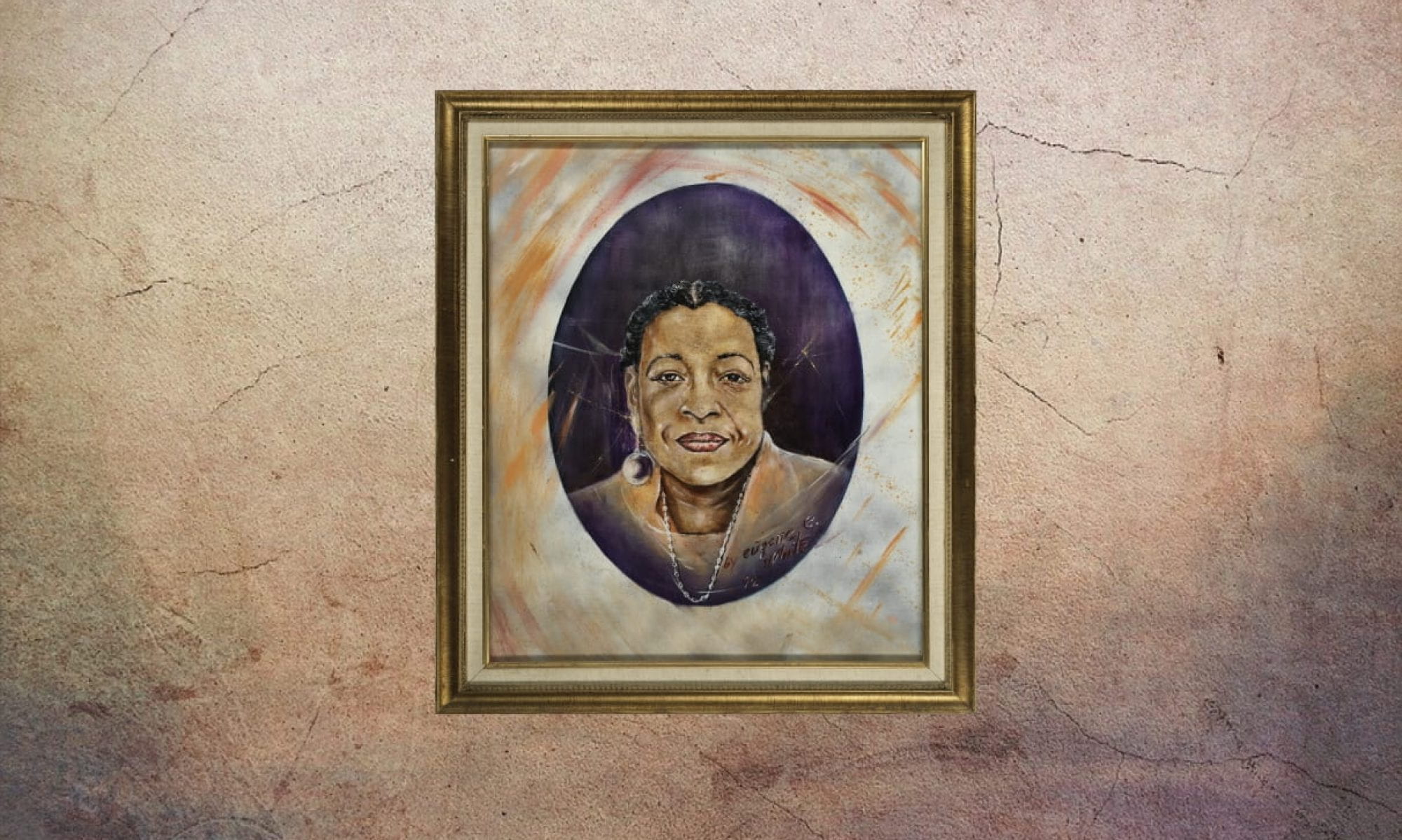
Wayland C. Fuller was a son, father, pharmacist, and community leader. Fuller committed his adult life to helping underprivileged communities and spent many years assisting the people of Bayview–Hunters Point. He lived a quiet and philosophical life and his legacy lives on in the communities that he assisted.
Fuller was born in Texas on March 10, 1916. From a young age, a sense of kindness and the general need to help others was instilled in him. Fuller also realized that he would have to work harder because he was an African American man working in a white man’s world. Throughout his adolescent educational experience, he was known as the hardest working student in his classes and was the first in his family to go to college. He graduated from Bishop College in 1938 in his home state of Texas and received master’s degrees from the University of Iowa in organic chemistry and pharmacy. He later moved to Michigan to become a high school chemistry teacher and soon after met his wife, Hayzel Fuller.
After visiting his mother-in-law in San Francisco, he fell in love with the city and decided to move there with his wife and two daughters. Given the prevalence of racism in the United States, Fuller faced much difficulty in establishing his practice. Fuller’s daughter, Wayzel, remembers that “he could not find a job as a pharmacist in San Francisco because he was black.” She went on to say, “when he tried to find work, they wouldn’t hire him or told him he’d have to drive the truck first” (SF Gate). However, Fuller would not let racism come in between him and his love for medicine and he would later attain a position as the first African American pharmacist at the Shumate’s pharmacy in San Francisco on the corner of Fillmore and Jackson streets.
Award-winning pharmacist Wayland Fuller served the Bayview–Hunters Point neighborhood for more than 50 years.
Fuller always strived to benefit the community with every ounce of energy that he had. “He was always a community activist,” said George Davis, executive director of the Bayview–Hunters Point Multipurpose Senior Center. Davis added: “Health care, housing, anything that involved the betterment of Bayview–Hunters Point, he was involved in. This was his heart. He slept somewhere else, but he lived in Bayview–Hunters Point” (SF Gate). Fuller was a member of the Bayview Rotary Club and Bayview Democratic Club. He was also a campaigner for the battleship USS Missouri at Hunters Point, protested the closure of Wells Fargo’s Bayview branch and fought for independent pharmacies in San Francisco.
Fuller was a respected voice in the business community in the Bayview–Hunters Point neighborhood and would sometimes voice his opinion regarding political representatives. Fuller said of the election of San Francisco’s first African American Mayor Willie Brown: “He’s going to use all the tools at his command and probably create some tools that will help businesses, not just give lip service to employment, but find ways to implement some jobs” (SF Gate).
Throughout his time in San Francisco, Fuller was a voice for many people. According to his daughter Wayzel, “he would take prescriptions to seniors’ houses who were disabled. He would deliver them himself ” (SF Gate).
Fuller later opened his own pharmacy called Fuller Pharmacy. He was able to create a strong connection with the community and was able to run the business without the burdens of hierarchical control. Fuller also taught as an assistant professor at UCSF’s School of Pharmacy.
Fuller died in his home in February of 2002. He is remembered for his hard work and service to his community. Though professionally known as a pharmacist, businessman, and teacher, he will also be remembered as a kind and generous civil servant who worked to change the Bayview–Hunters Point and the city of San Francisco. Fuller was also a respected family man and was loved by his wife and children. Wayzel Fuller said of her parents’ relationship, “I never heard them have one argument. He was a perfect gentleman. He was one of a kind” (SF Gate).
Winnifried Noble said of Wayland Fuller, “His license was active until the end. He would say, ‘I will never let it expire. I worked too hard as an African American man.’” Fuller’s legacy survives through the example that he set for others in his community and through the barriers that he broke, allowing more people the opportunity to succeed.
— Ya’qub Elmi
Works Cited
Itow, Laurie. “From Welfare to Restaurateur.” SF Chronicle. 11 Jun 1982.
“UCSF School of Pharmacy Bulletin.” 8 May 2017.
Yollin, Patricia. “Longtime Pharmacist Wayland Carr Fuller Dies.” SFGate. 9 May 2008.
